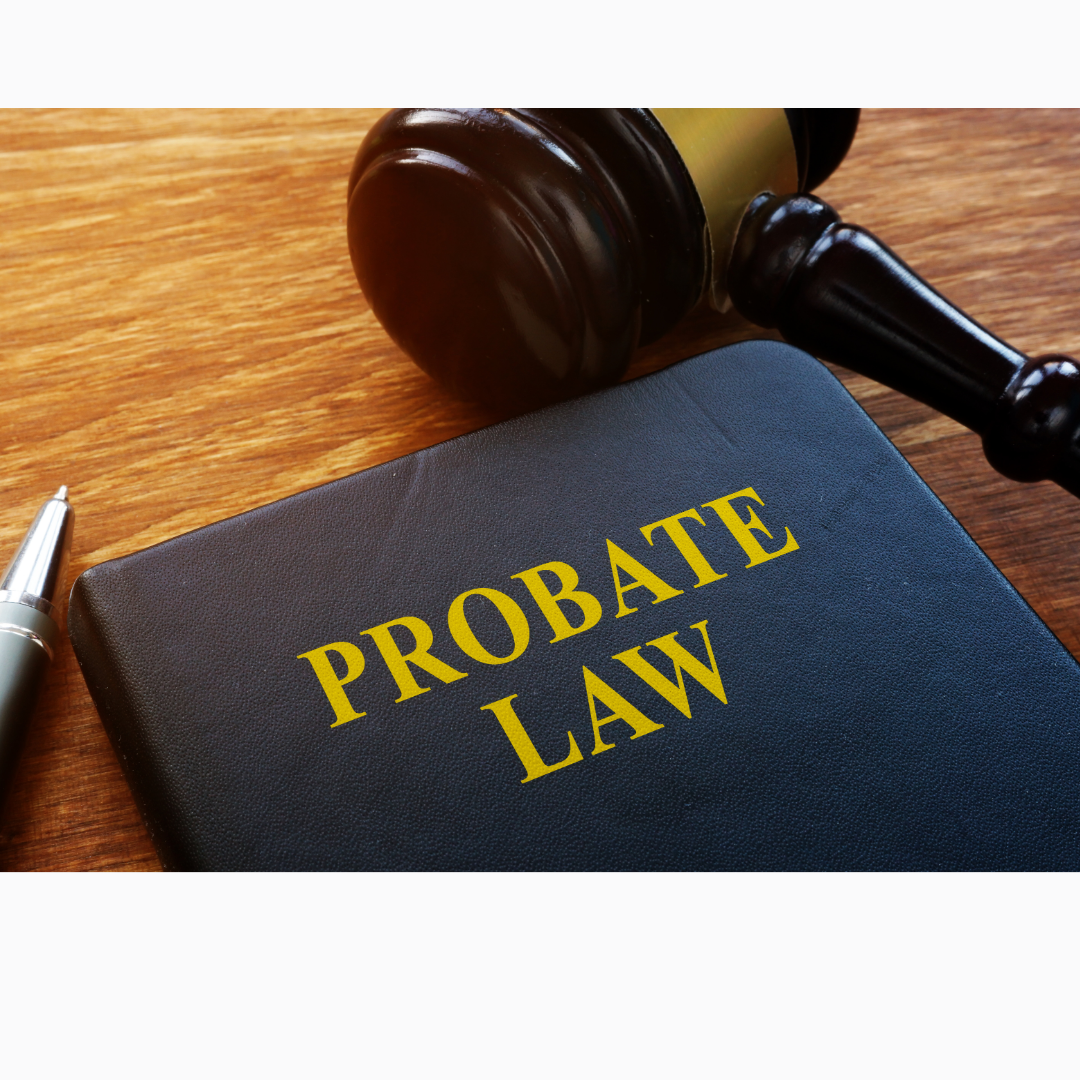UPDATE (January 11, 2024)
We are pleased to announce that Summit Legal Group WON the 2024 TOP CHOICE AWARD for WILLS & ESTATES LAW FIRM!

Check out all the 2024 Winners here.
___________________________________________________________________________________________________

Summit Legal Group is pleased to announce that once again, we have been selected by the prestigious Top Choice Awards as a nominee for the “Top Choice Wills & Estates Law Firm” of 2024!
This nomination is a testament to all the hard work and dedication of our team, providing high-quality legal services in wills and estates. Each of our lawyers and our Certified Executor Advisor are committed to providing our clients with top-notch legal expertise and advice. Our lively and engaging staff are passionate about helping clients navigate estate planning, trusts, and other services related to wills. With our experienced team behind us, we feel confident that we can achieve this great honour!
We invite you to join us in celebrating this incredible opportunity by casting your vote today to help make us YOUR TOP CHOICE!
VOTE HERE: https://topchoiceawards.com/vote?survey_id=V0uE4zGn
But wait, there’s more! By simply voting, you automatically enter a draw with a chance to win one of four incredible $500 cash prizes generously offered by Top Choice Awards!
Stay tuned for further updates and exciting developments on our journey to victory!










